The Cherry Orchard
.jpg)
Anxiety and agitation failing to translate into action as an exhausted and exhausting world faces an uncertain future – the contemporary relevance of The Cherry Orchard requires no special pleading. Retaining the characters and narrative trajectory of the play written by Anton Chekhov in 1903, Australian director Benedict Andrews employs music and contemporary diction in an ambitious production that takes the humour in Chekhov’s final play seriously. It features Nina Hoss, the German star of stage and screen, as Madame Ranevskaya, the owner of the estate containing the titular cherry orchard.
Continue reading for only $10 per month. Subscribe and gain full access to Australian Book Review. Already a subscriber? Sign in. If you need assistance, feel free to contact us.





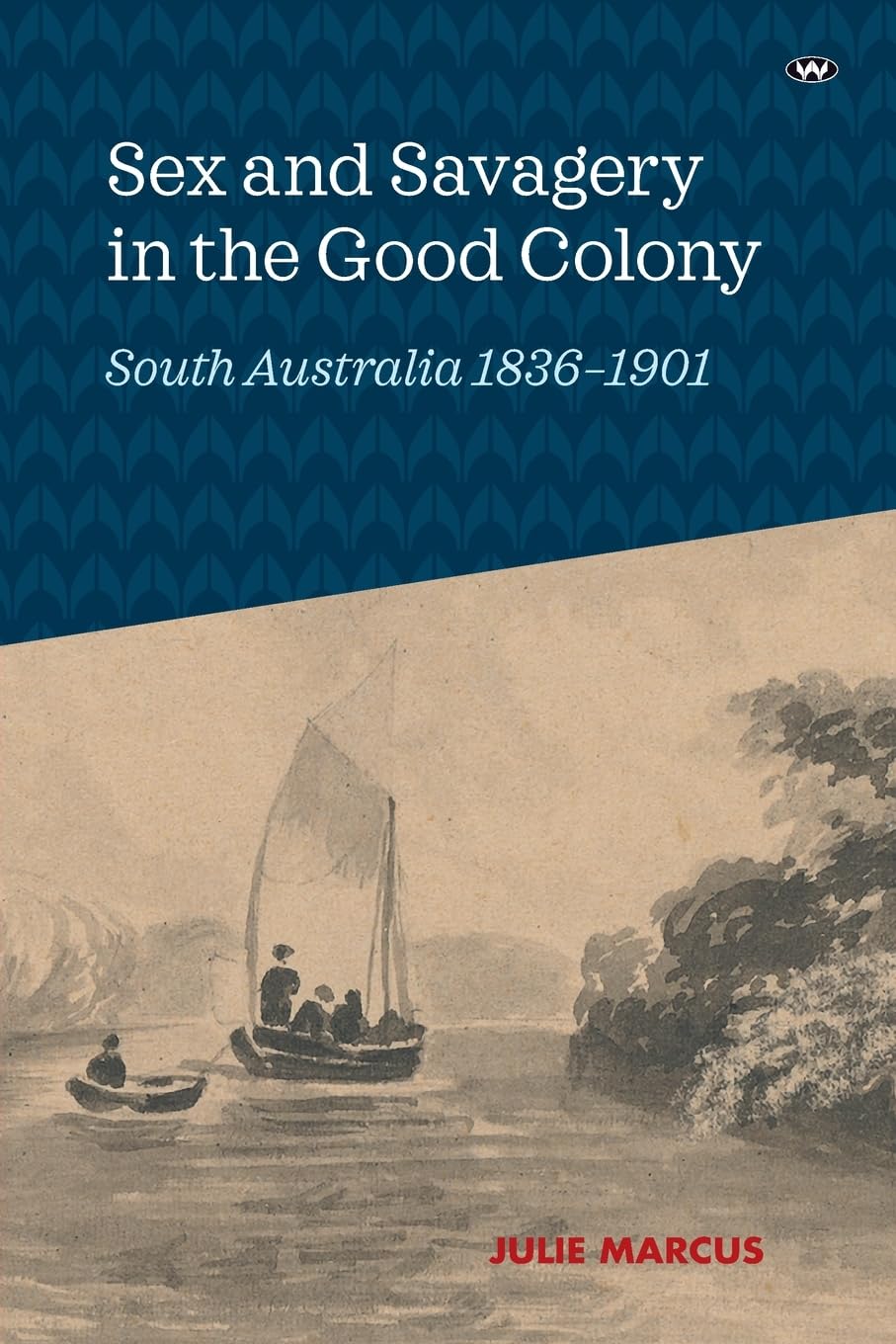

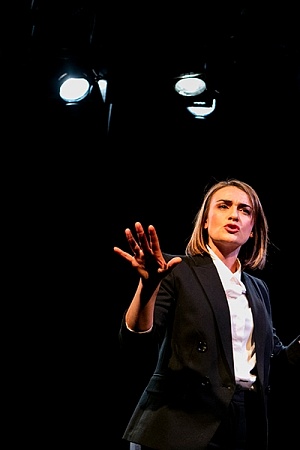
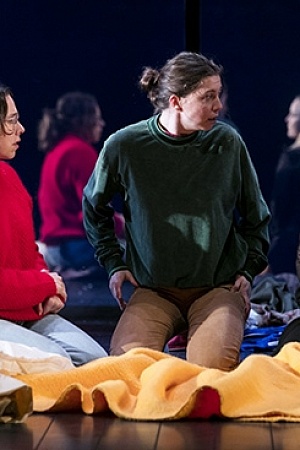
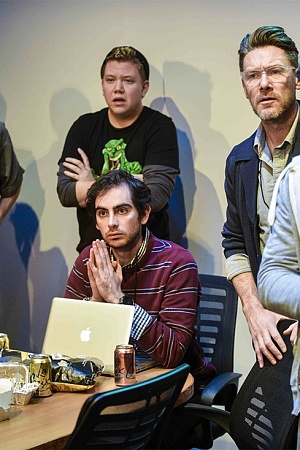
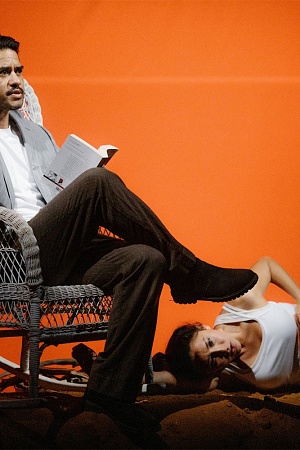
Leave a comment
If you are an ABR subscriber, you will need to sign in to post a comment.
If you have forgotten your sign in details, or if you receive an error message when trying to submit your comment, please email your comment (and the name of the article to which it relates) to ABR Comments. We will review your comment and, subject to approval, we will post it under your name.
Please note that all comments must be approved by ABR and comply with our Terms & Conditions.